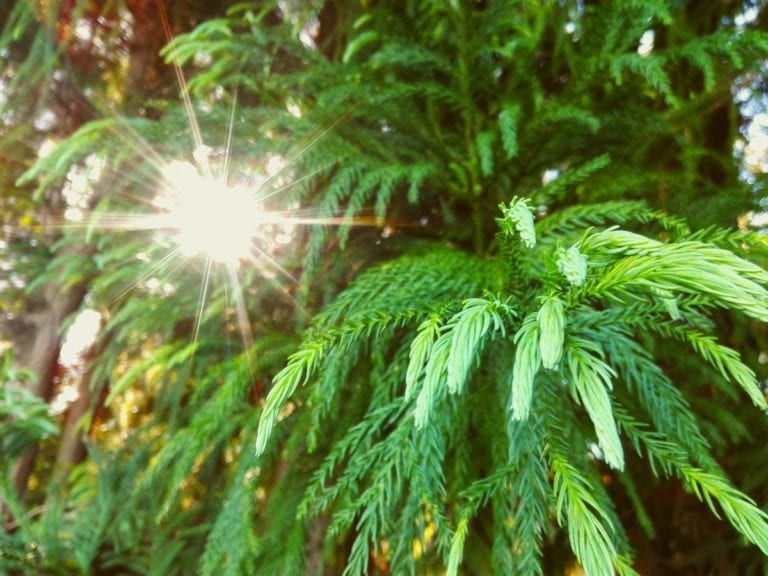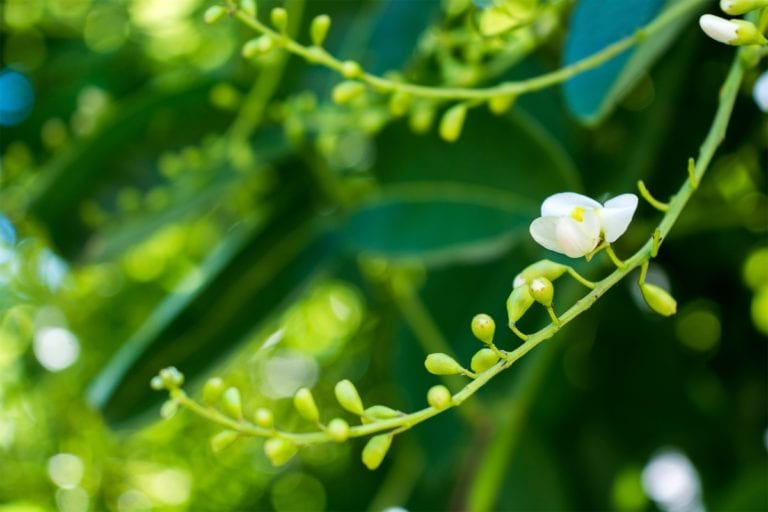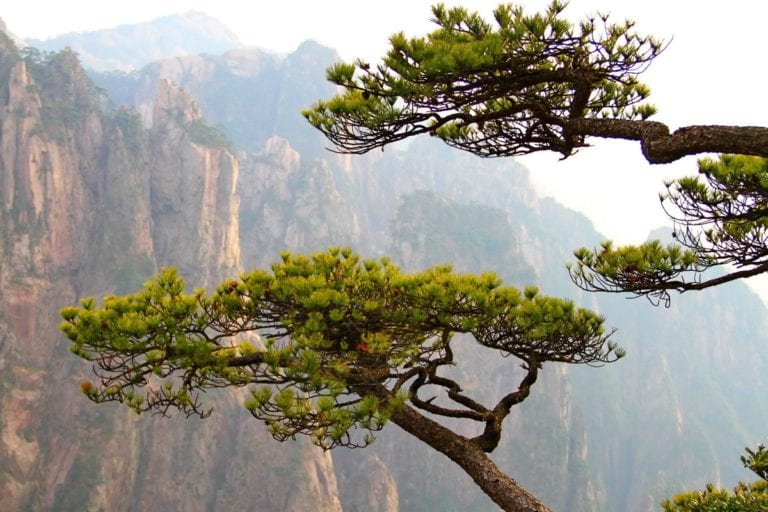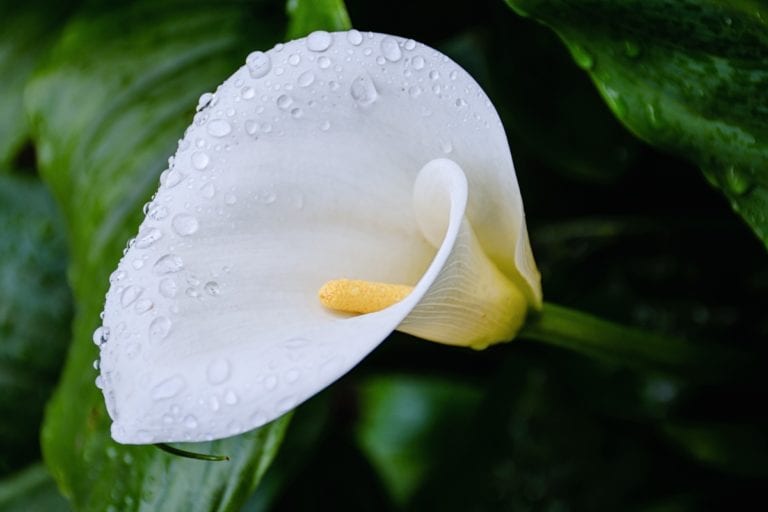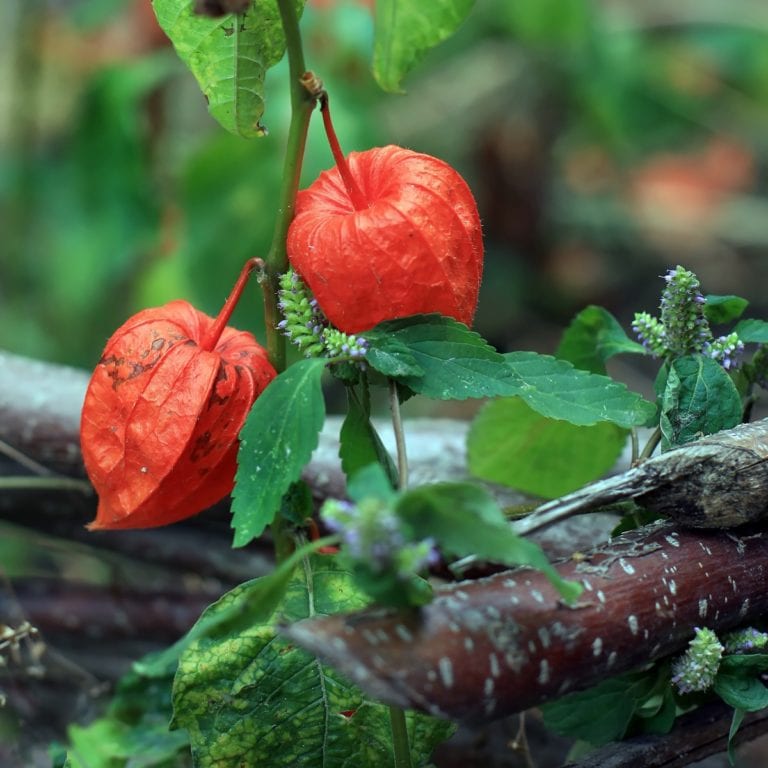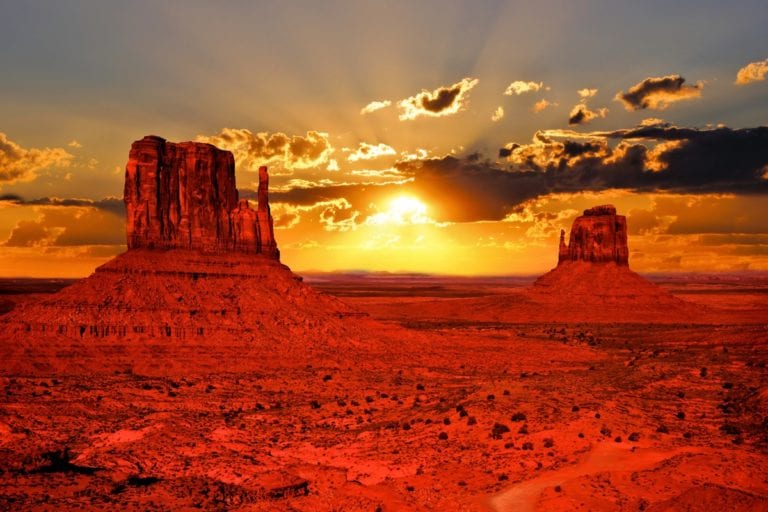720th Week: Small Acts Matter
Several times in the last week, I’ve run across postings in classes I’m taking, as well as postings on Facebook, that speak to something that offers what, for me, is a source of support during these challenging and distressing times. Unfortunately, at the moment, my brain won’t give me the names of the people or places where I’ve run across these postings, so I’ll share some general ideas about what has touched me along the way.
I’ve written before about the importance of not going into collapse in the presence of what seem to be overwhelming circumstances. One of the ways to avoid collapse is to feel able to act in ways that meet, ameliorate, or change what causes suffering to our brothers and sisters of every species all around the planet, and to the planet itself. Read More “720th Week: Small Acts Matter”
